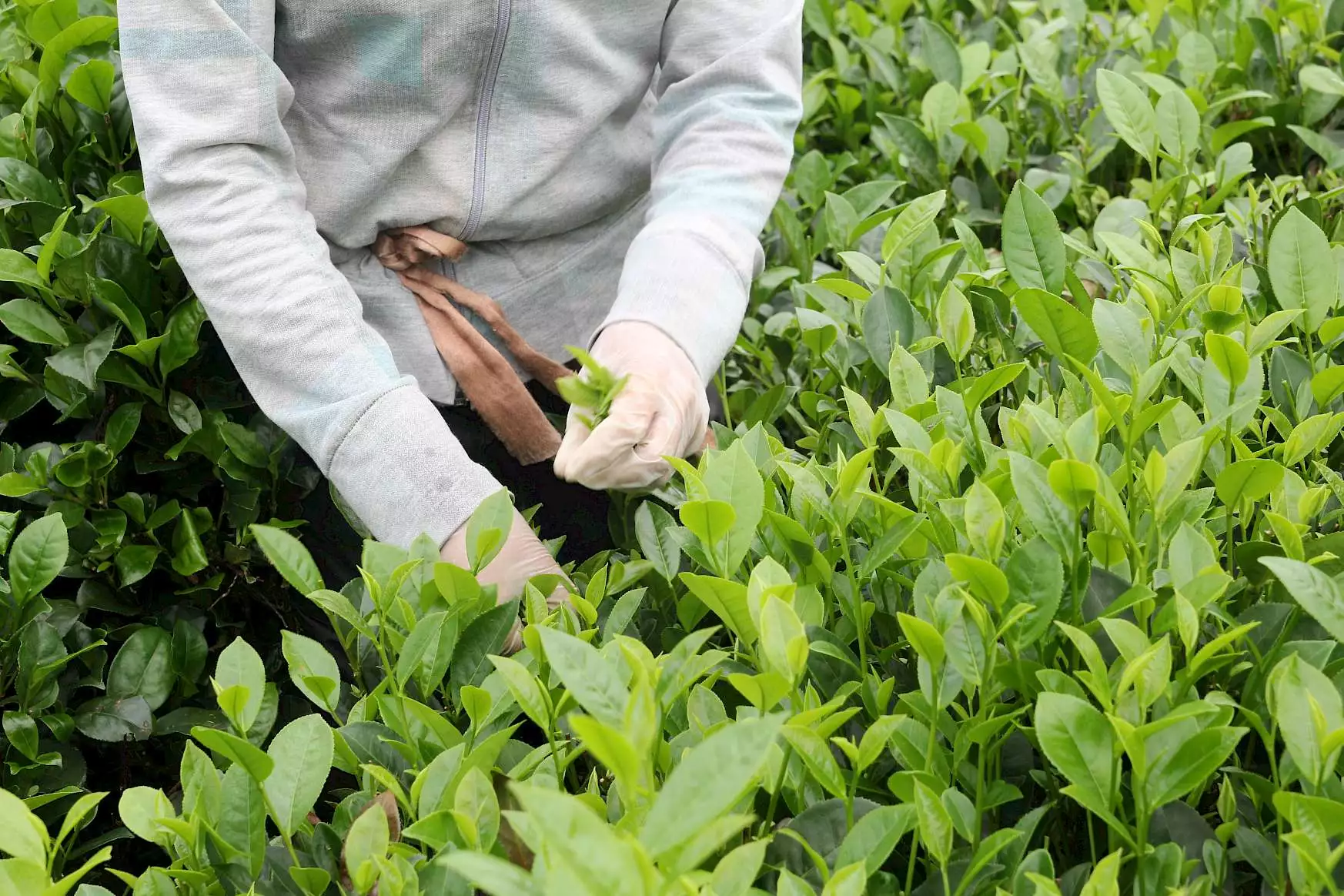BEIJING, August 4(ABC): “Pakistan has huge potential to become self-sufficient in the tea sector. If we plant tea on an additional 2,000 hectares of land offered by the government and invested by private companies, we can meet 95% of our national demand”, said Dr Abdul Waheed, Director of National Tea and High Value Crop Research Institute, PARC.
“In collaboration with China, we have done much research, including the National Tea Research Institute, which was built upon the recommendation of Chinese researchers and was later renamed National Tea and High-Value Crops Research Institute. After this, commercialization should be followed”, he said in an interview.
Pakistan’s heavy reliance on import of tea is calling for enhanced capacity of production. During 2021, Pakistan imports 2,258,000 kilograms of black and green tea, costing $596 million. In the first three quarters of the current fiscal year, Pakistan’s tea imports witnessed an increase of 11.95 percent as compared to the corresponding period last year.
“We have 64,000 hectares of land suitable for tea plantation. But now less than eighty hectares are devoted to tea plantation. In the first year, at least we should start from 2,000 to 10,000 hectares under public-private partnership”, he said.
“We have the capacity of 4 million plants per annum, rather to import, we have the capacity. If you look at olive, people wait for three or four years before they get the fruit, but then the oil extracted can be sold at a very high price. The same case applies to tea”, he said. On legislation level, Dr Abdul Waheed suggests tea plants be declared as forestry so that they won’t be replaced by other tree species.
“Farmers are reluctant to grow tea because it took at least 5 to 6 years for the first picking”, Dr Abdul Waheed explained. “Tea-planting can be promoted through cooperative farming and government subsidies. For private farmers, they have their own land and need incentives from the government”, he said. Providing incentives such as loans free of interest to growers during the gestation period is also a practice adopted by China, a major tea exporter to Pakistan, to motivate new tea farmers.
“The natural law determines the long growth period of tea trees. Through modern technology, we can shorten the period from 7-10 years to 3-5 years, but once the tea leaves can be picked, the trees can be in use for several decades”, said Prof. Hu Bo from Zhangzhou College of Science and Technology, China, located in a famous city of tea, Zhangzhou. “But most important of all, when farmers find that growing tea bring much more benefits than other crops, they will choose it. This relies on benign development of the industry”, he added. Currently, tea growers in Zhangzhou city has earned over 35% of their income by selling tea leaves. The local tea industry spans the primary, secondary, and tertiary sectors with a wide range of products and services provided, including tea leaves, tea-made food, tea sets, as well as tea-based tourism, education, and culture.
“In Pakistan, there is also a need of a complete link chain for plantation, production, processing, and then marketing”, said Dr Abdul Waheed, a frequent visitor of China’s tea production bases and universities. Zhangzhou College of Science and Technology, the only foreign aid training base in China that focuses on tea, has trained over a dozen Pakistani participants over the years.
“Pakistan used to have very limited tea varieties. It is through such training that Pakistani participants brought back the technology to grow and process Oolong Tea and the Red and White Tea”, introduced Cai Shiwen, Director of the international department of the College. China is a top ten tea exporter to Pakistan. In 2021, it exported $5.32M worth of tea to Pakistan and provides 42% of the imported green tea in Pakistan. Meanwhile, it is surprising to find that Pakistan is also exporting tea to China.
According to General Administration of Customs of China, Pakistan exported over 5000 kg of red tea and other fermented tea in the first four months 2022. Not a large amount, but is still inspiring. Furqan Mawani, General Manager of Guangzhou Quality Import & Export, China, told reporter that his company imports over a hundred tons of green and red tea from Pakistan.
Through e-commerce platforms, the products reach wholesalers and end customers all over the country. “Pakistani teas are known for their strong flavorful taste and rich aromas. But another reason why Pakistani tea products have a place in the Chinese market is because of the relationship and bond the two countries share. The peoples of China and Pakistan are willing to share and get to know about each other’s cultures.
As tea is an integral part of Pakistan and China’s culture, it is inevitable that they are attracted to Pakistani tea”, explained Furqan Mawani. As the concepts of milk tea and health preservation are gaining traction among the young population in China, he expects more export of green tea and red tea from Pakistan. “The commercial value of Pakistan’s tea, once fully tapped, can be beyond imagination”, Furqan Mawani said.

